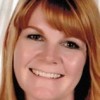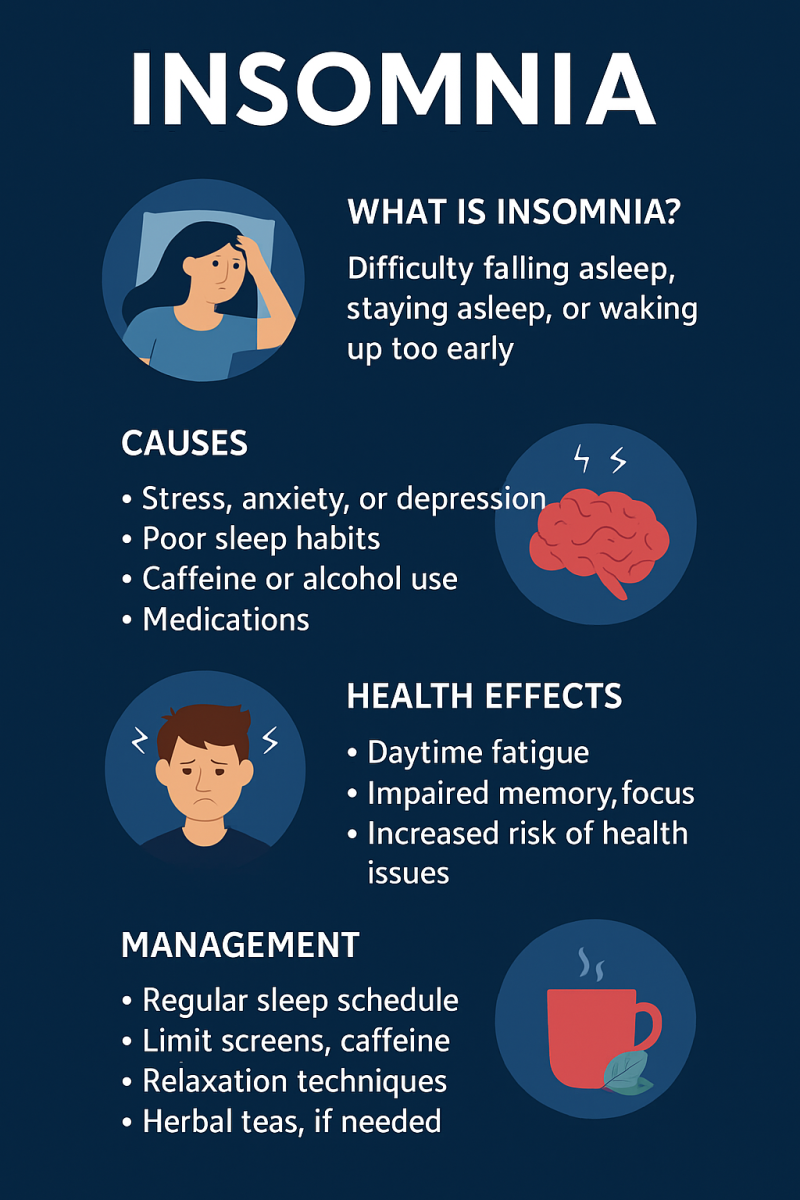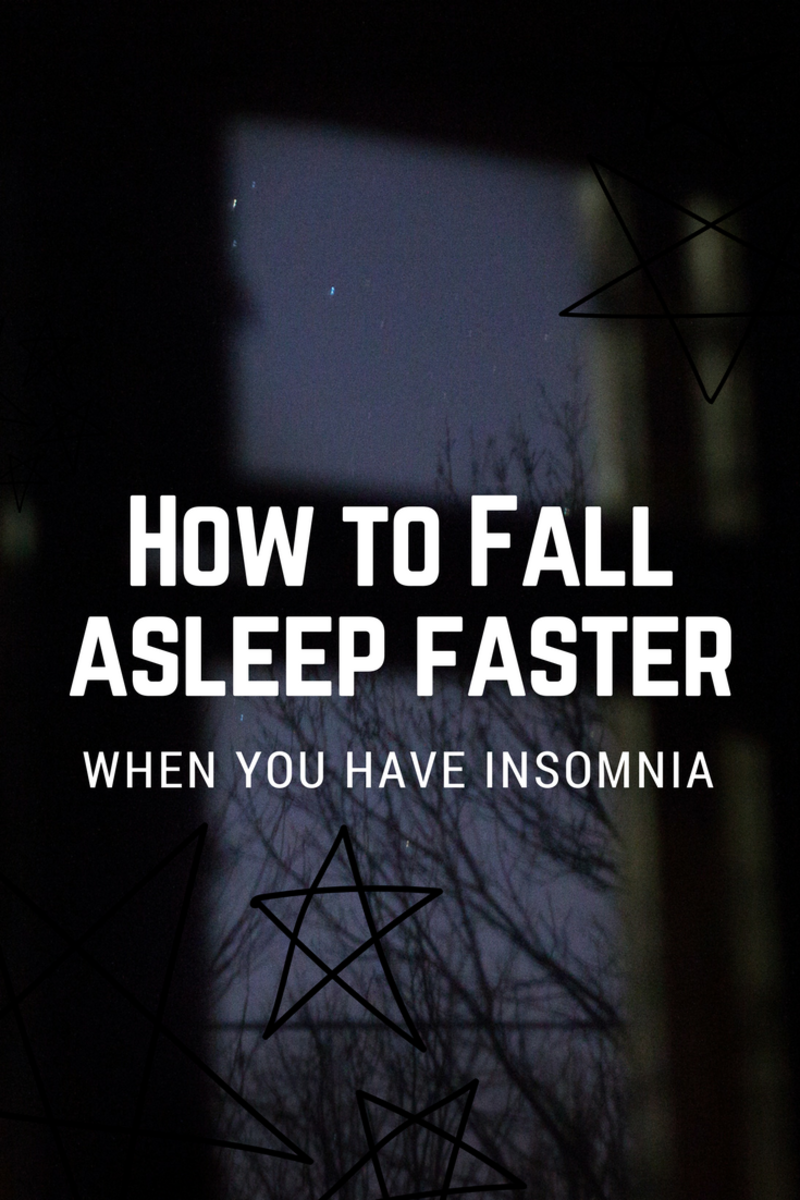How to Improve Sleep for Better Health
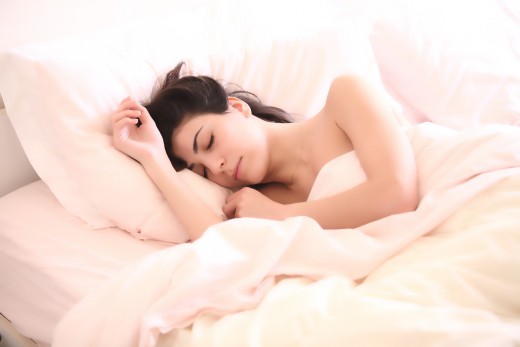
Stages of Life and the Impact on Sleep
Sleep. We all want more of it, yet most of us can’t get it. The truth is that each stage of our life brings us extra sleep challenges.
Typical Stages:
- When we were a child, we went to sleep when it got dark and woke up when the sun came up.
- As a teenager, we slept way more than 8 hours. Our parents were knocking on our door at noon on the weekend telling us it was time to get up.
- As a young adult, we went out on our own and were up all-night and slept all day.
- Then, we got married and had babies. We were always exhausted and always wanted to sleep but couldn’t. Add a career on top of family, and sleep deprivation is an understatement.
- We finally started sleeping normal again and then…
- Our children start dating and driving. That just about does us in! Thank goodness for cell phones, but even so, we can’t fall asleep until they got home.
- Then our kids go to college and we finally feel like we have regained a little control. Life is good.
Regardless of the stage of life you are in, we are all meant to recharge our batteries daily and if we don’t do that we start to bear the consequences.
Negative Effects of Sleep Deprivation
You have probably felt the effects of not getting enough sleep at some point in your life. Although not a complete list, some of the more common effects include:
- Weight Gain or Loss
- Thinking and Reasoning
- Increased Risk for Diabetes
- Weakened Immunity
- Impaired Memory
- Mood Changes
- Increased Chance of Accidents
- Low Sex Drive
- High Blood Pressure
- Risk of Heart Disease
Obviously, sleep is a critical ingredient to living a healthy lifestyle. We need both quality sleep and quantity. Let’s address quantity first.
How much sleep do we need?
According to the National Sleep Foundation, most adults between the ages of 26-64 need 7-9 hours of sleep per night, but 6-10 may be within the acceptable range depending on the person. The chart below shows the recommendations by age category.
Sleep Recommendations
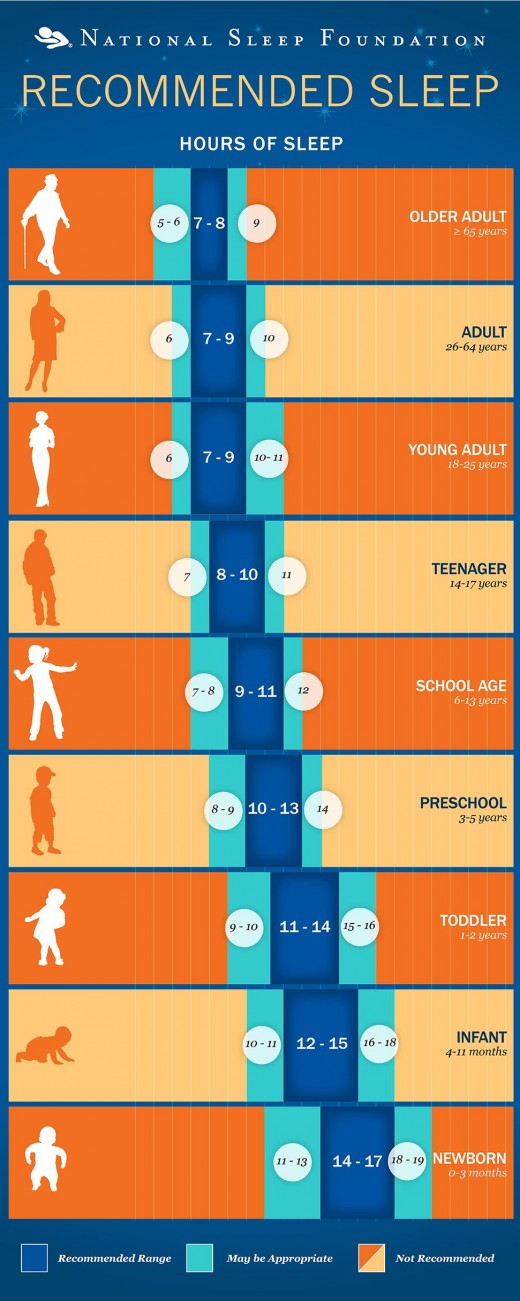
Recommendations to Improve Sleep
So now that we know how much we need, what are some tips to improve both the quantity and quality of sleep?
The National Sleep Foundation offers the following recommendations:
- Establish a rhythm of sleep, go to bed at the same time nightly and get up at the same time. It is recommended that we stick to the same sleep schedule, even on the weekends and many experts state that you can’t really “catch up” on sleep when we can’t get the recommended number of hours during the week. Listen to your body and do your best to give it what it needs.
- Avoid naps, especially if you have trouble falling asleep at night. Although a quick nap may help us power through the afternoon, it interferes with your sleep in the evening.
- Get exercise during the day – especially vigorous activity. Any time of the day is fine, but if you are very sleep deprived and not getting enough sleep, don’t try to get up early to exercise. Again, listen to your body.
- Set the thermostat between 60-67 degrees.
- Block out light and noise as much as possible. If your partner snores, consider ear plugs, white noise or a fan.
- Make sure your bed is comfortable. Even if you sleep through the night, you won’t be getting quality sleep and nobody likes waking up with a stiff neck or sore back.
- Practice a bedtime ritual and turn off your television, computer and iPad at night. Consider deep breathing exercises, relaxation techniques, and meditation.
- Manage light throughout the day. Get sunlight during the day and avoid bright light at night to manage circadian rhythms.
- Avoid caffeine, alcohol, smoking and large meals before bed. Avoid eating any large meals 3 hours before bed but if you are really hungry, go ahead and have a light snack.
- If you go to bed and cannot sleep, get up and go into another room and do a relaxing activity, such as reading, until you feel tired.
- If you still struggle with getting enough quality sleep, consider seeing a sleep professional.
Poll
What is your biggest challenge with getting enough sleep
© 2018 Darleen Barnard
